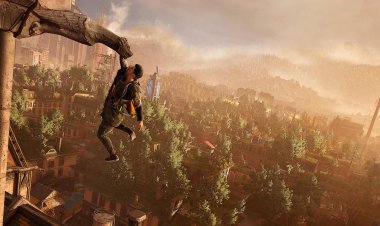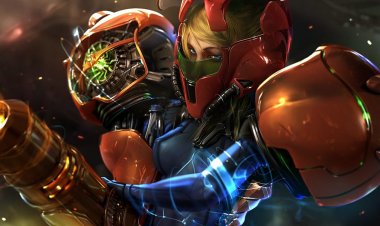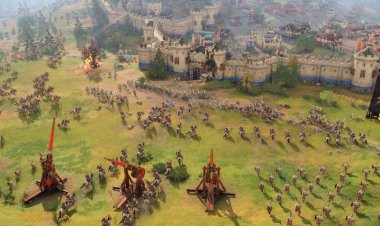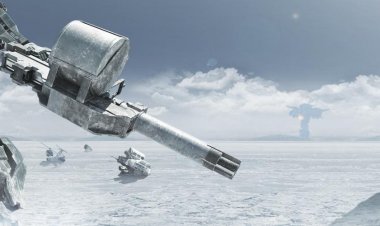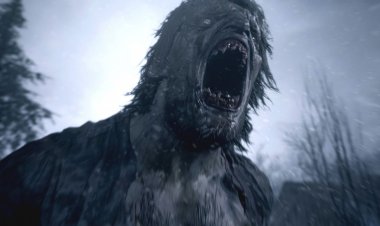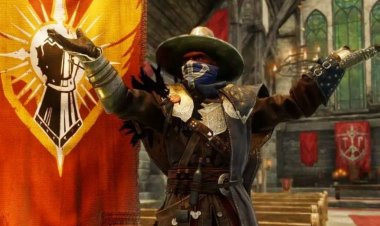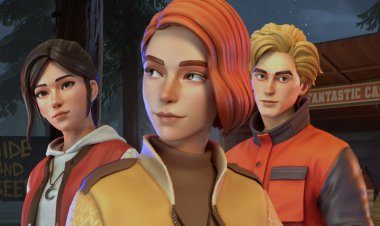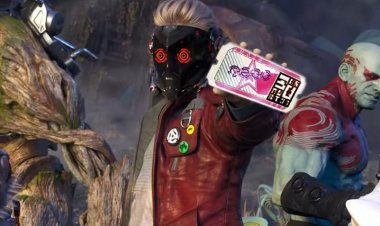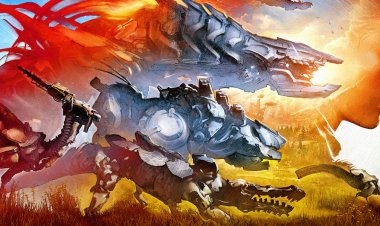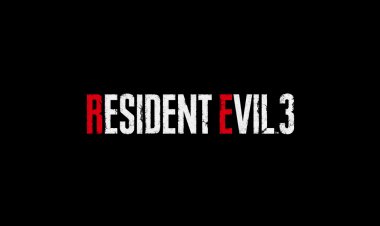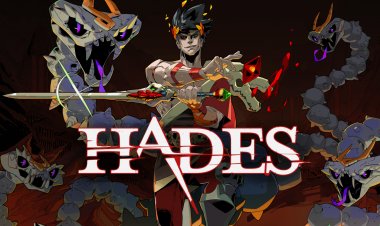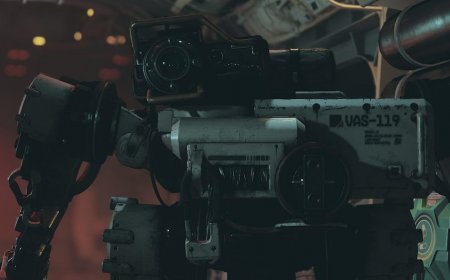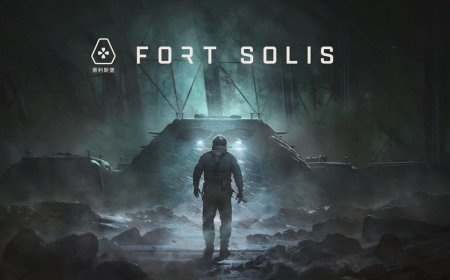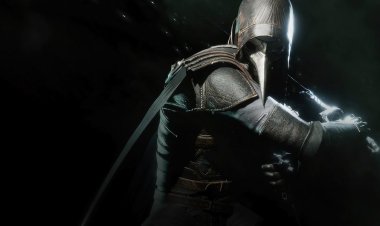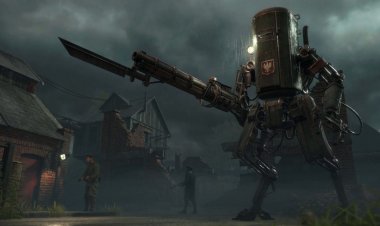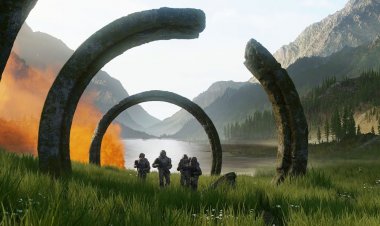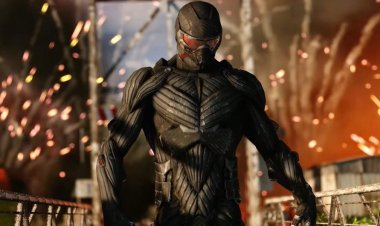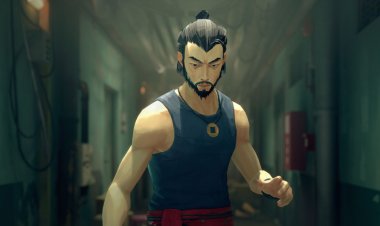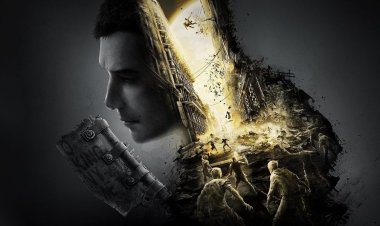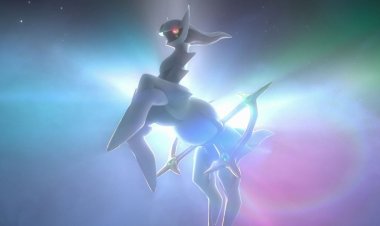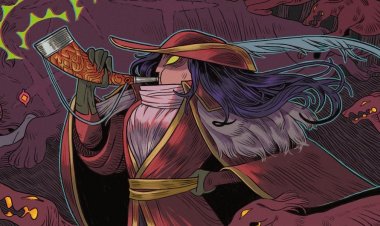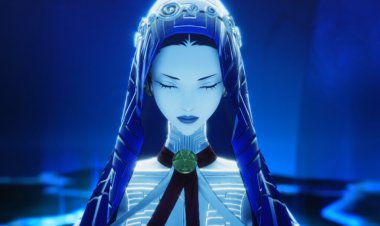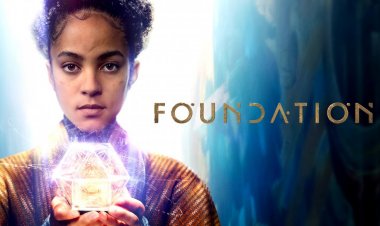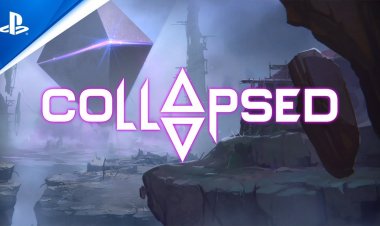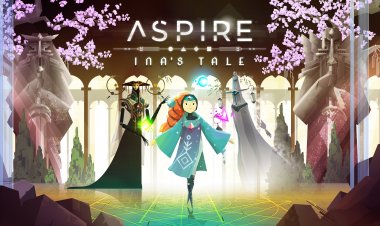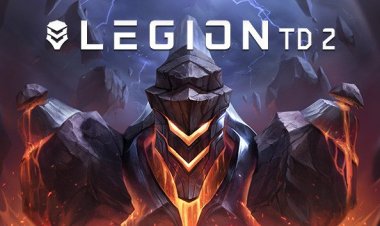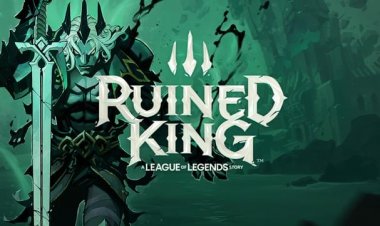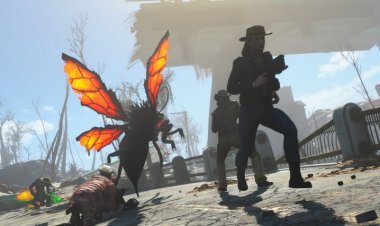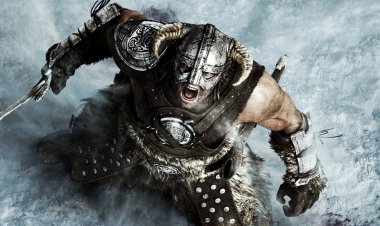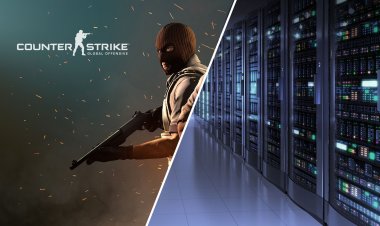Impressions of the Foundation: film adaptations of the most important series of science fiction books after "Dune" - series review
The science fiction series The Foundation, based on the book cycle of the same name by American science fiction writer Isaac Asimov, began to be released on Apple TV+.
Uniongames managed to watch the first three episodes of the series in order to share with readers what happened to its creators, and whether it's worth watching against the background of Denis Villeneuve's "Dune" rental.
About Isaac Asimov's book cycle
"The Foundation" (in other translations - "Academy", "Foundation") is a cycle of seven novels by Asimov, the first of which was published in 1942. In 1966, the original trilogy was awarded the title of "The Best Fantasy Series of All Time" according to the Hugo Award, ahead of, for example, The Lord of the Rings. It is noteworthy that in the same year the winner in the category "Best novel" was "Dune" by Frank Herbert - a book that is called "Herbert's answer to the Asimov trilogy".
Initially, Asimov was going to stop at the trilogy, but many years of requests from fans, publishers and editors forced him to reconsider his decision. Thirty years later, the writer presented first two continuation books, and then two prequels to the original story. As a result, "The Foundation" became part of a huge cycle in which Asimov linked it with his other works — the book series "Galactic Empire" and "Detective Elijah Bailey". This is how the "Foundation Universe" developed, connected by a number of common characters and events. It includes a dozen and a half novels and several dozen short stories, plus after the death of Asimov himself, several science fiction writers supplemented the story with another trilogy.
The source of inspiration was the "History of the Decline and Destruction of the Roman Empire" by Edward Gibbon, written in 1776. It was there that Asimov took the idea of a huge powerful state, against the background of whose death the main events take place. It is worth noting that the cycle of "Foundations" is practically devoid of any action — even military actions in the book are described dotted lines, often remain "behind the scenes" and go as a background for philosophical polemics about a more profitable way of developing human civilization.

It is not the first time that the film adaptation of the "Foundation" is being taken up. For example, in 1998, New Line Cinema (NLC) planned to screen a trilogy: NLC spent one and a half million dollars to develop a trilogy of films, which led to nothing. As a result, the studio took up the film adaptation of The Lord of the Rings.
The second attempt occurred in 2008, when NLC co-founders Bob Shay and Michael Lynn left the company with the rights to the film adaptation - first Warner Bros. had to shoot the film, then, in 2009, Columbia Pictures bought the rights to shoot, planning to call Roland Emmerich ("Independence Day") to the post of director. In 2014, the rights were bought by HBO. As a result, after long wanderings, the rights went to Apple, which in 2018 ordered the production of the show.
Plot
Gary Seldon (Jared Harris, Legasov from HBO's Chernobyl and Anderson Dawes from Space), a brilliant scientist, comes to the conclusion about the imminent and inevitable collapse of the Galactic Empire - for which he gets the nickname "Seldon the Raven", a harbinger of failures. Using mathematics and his own science of psychohistory (a science that, with the help of mathematics and psychology, investigated the processes taking place in society and thereby made it possible to predict the future), Seldon develops a "millennial plan" in which the 30-millennial period of barbarism after the end of the Empire can be reduced to one millennium.

With the help of a scientist named Gaal Dornik who arrived on the planet-capital of Trantor (in the series she is played by an aspiring actress Lou Lobell) Seldon hopes to create an organization called the Foundation of Encyclopedists — a community of scientists who, according to his plan, should preserve all human knowledge for future generations.
As a result of a confrontation with the Imperial government, Seldon's people are forced to move to the remote planet Terminus. As it turns out a little later, that's what Gary wanted, calculating all the actions of the government with the help of psychohistory. Seldon himself remains on Trantor.
Fifty years after the founding of the colony on Terminus, the inhabitants of the planet learn about the true Plan of Seldon. It consists in creating a springboard - the core for the formation of the Second Empire. In order for the Plan to be successfully implemented, the residents of Terminus need to go through serious crises. The first is an attempt by the kingdom of Anacreon to annex Terminus by putting pressure on weak encyclopedic scientists. The mayor of the planet's capital, Salvor Hardin (in the series Hardin is a woman, and she is played by Leah Harvey), has to look for the keys to saving the Foundation from external aggression.

Plus: charismatic actors and the expansion of the cycle universe
The three episodes shown allow viewers to enjoy the acting of at least two people - Jared Harris and Lee Pace (he plays an average clone of the emperor, starred as Ronan the Accuser in Guardians of the Galaxy and Thranduil in The Hobbit).
The story about the three clone emperors was invented specifically for the series — there was nothing similar in the book cycle. There, the Empire was ruled by a handful of aristocrats on behalf of a minor emperor, while the imperial dynasty itself degenerated and degraded (which was an important reason for the collapse). Almost no time was given to the Emperor in the books, but in the series the trinity has its own storyline.
The showrunner of the "Foundation", David S. Goyer (screenwriter of the films "Blade", "Batman v Superman" and "Terminator: Dark Destinies"), the state is ruled by a triumvirate. All three emperors are "casts" of different ages, made from the personality of Emperor Cleon I. The younger one is called Dawn (Cooper Carter in the first and second series, from the third series he is played by Cassian Bilton), the middle one is Day, and the older one is Sunset (tErrence Mann). The ruler among them is actually one, the Day - Dawn only comprehends the science of governing the country, and the Sunset acts as an adviser.
The storyline dedicated to clones revolves around a Day that came out as a very ambiguous character. He is quick to kill, impulsive and aggressive — at the same time, the series shows that he tries to work for the good of the Empire every day, albeit with very cruel methods.

Cons: strange differences from the original source and problems with the world order
"The Foundation" feels like a very strange fan fiction, which they are trying to turn into a new "Game of Thrones— - only in space. Behind-the-scenes dialogues and conspiracies, large-scale fighting, even bed scenes are present (though without nudity in the frame). It is only unclear why all this was done under the name "Foundation". The series has a lot of rewritten or completely created from scratch storylines — so wouldn't it be easier to make a completely original project that does not rely on Asimov's creativity?
In the book, Gaal Dornik was a man, even if he lived on the periphery of the Empire, but still a former civilized and trained man. In the series, Dornik is a girl, and she lives in a world, one kind and customs of which negate Asimov's phrase that "in those days, places cut off from civilization no longer existed." The fact is that this world is full of religious fanatics who are trying to ban absolutely all knowledge and technology, and scientists are considered heretics and drowned in the ocean.
You stop believing in the reality of what you have shown right away — why would Dornik become a mathematical genius in such conditions at all? How did she manage to win the imperial mathematical contest, how did she hide her studies from her fellow tribesmen in a tiny village in the middle of the open ocean? The creators do not give answers to these questions — they simply demonstrate how Dornik flies to the planet Trantor, the capital of the Empire, where Gary Seldon is already waiting for her to work on some important project.
Dornik also added a kind of "sixth sense" — she learns about the terrorist attack on the huge space elevator of Trantor even before the colossal tower falls to the surface of the planet, leaving an ugly scar on the body of the huge ecumenopolis.

The plot of the terrorist attack is an innovation of the authors of the series. As with the clone emperors, there was nothing like that in the book. The scriptwriters of the TV "Foundation" took for this conflict the kingdoms of the Periphery, which according to the book were formed only after the departure of the Academics from Trantor, and inserted them into the series fifty years earlier. Thanks to this, action scenes appeared in the first two series (the fall of the space elevator and the destruction of rebellious planets by the Galactic Fleet). However, it is now unclear how the authors will get out in the case of the First Seldon crisis. In the book, they were threatened by the kingdom of Anacreon, here the planet of the Anacreonians has already been virtually burned out by the forces of the Empire — who will attack Terminus?
All these changes made it possible to show several action scenes that were not in the original. The demonstration of the burning of two planets by the forces of the space fleet is impressive, but the scene is constantly interrupted by inserts from the trial on Trantor. There are no scenes of full—fledged battles — between armies or spaceships - in the series yet.
The strangeness of the world order also raises questions. Does the same religious cult operate on Trantor as on the planet Dornik? But how if he denies technology and science? How do hyperspace engines work in the series? Warships jump between worlds as they please, while Seldon's crew traveled to Terminus for two and a half years, simultaneously learning to wash clothes with their hands. You could say that it was Gary's own idea to get people used to the harsh conditions of a distant planet—but, damn it, he knew exactly where they would be sent into exile!

All this, as in the case of the native world of Gaal, greatly affects the perception of the world written by the authors. There are always some small inconsistencies, because of which it is very difficult to believe in the reality of what is happening. And for some scenes, you have to invent excuses at all, without which they do not work.
Should I look further?
If you expect that the authors of the film adaptation of "Foundation" will follow the path of Denis Villeneuve with his "Dune" and will shoot, almost quoting the book, then the starting three series will disappoint you. Villeneuve's creation was successful because the authors relentlessly follow the original text, carefully transferring all the key points of the original to the screen. "Foundation" takes only the main storyline from the literary basis, and all the details, events and characters of the characters change at the discretion of the screenwriters. Fans of the universe are unlikely to like this attitude to the original source.
If you are ready to devote time to the series "based on motives", which only borrows the central idea of the book and creates something of its own on its basis, then it makes sense to watch the "Foundation". This is a beautiful series in which the authors regularly give out cool shots (a view of Trantor from orbit or the collapse of a space elevator), but it's still interesting to watch the intricacies of the storylines. Even for those who have read the book — there are too many differences and innovations in the series to be able to predict future events.
Uniongames believes that Isaac Asimov is an outstanding science fiction writer. We have also read his books such as: Dreams of Robots - where the concepts of the three laws of robotics are revealed more well (we recommend reading).
Recall that the next series is released on October 8 on Apple TV+, the TV series "Foundation" was watched from a Macbook Air M1 with excellent playback quality, having received positive emotions from high resolution.
What's Your Reaction?













